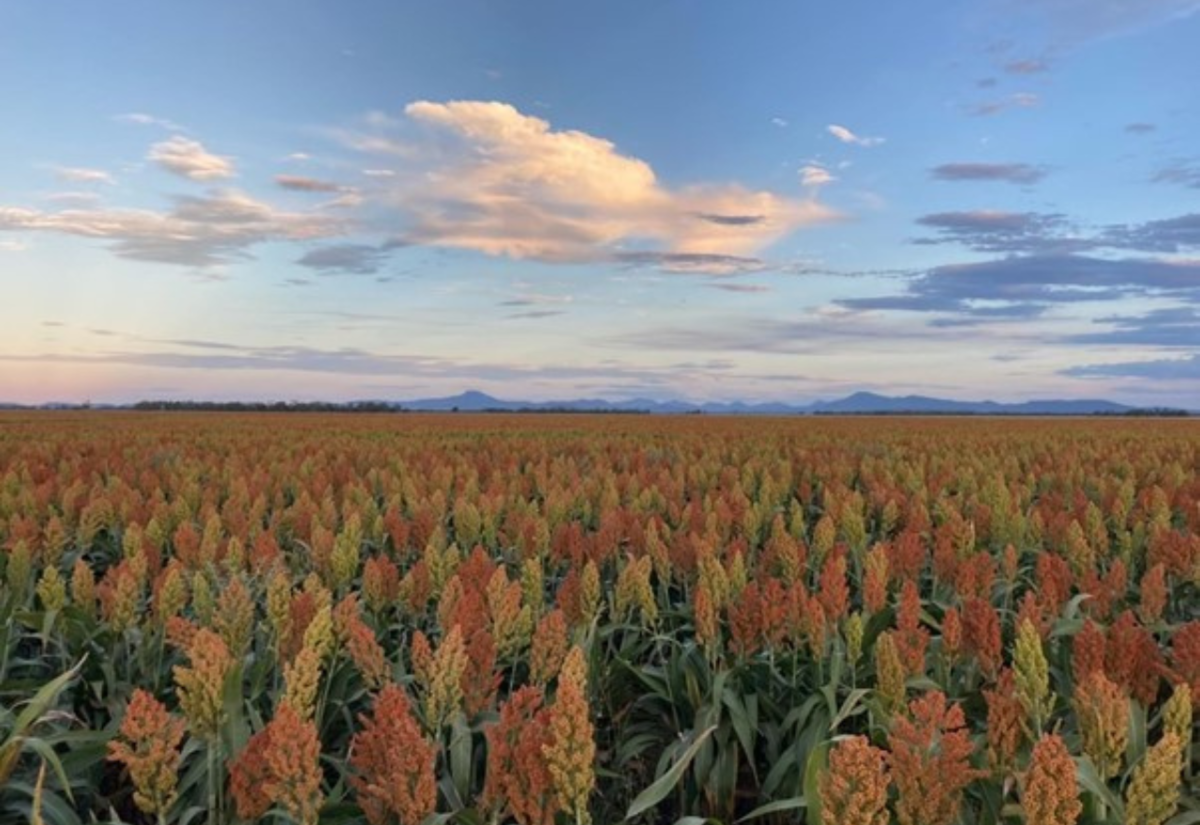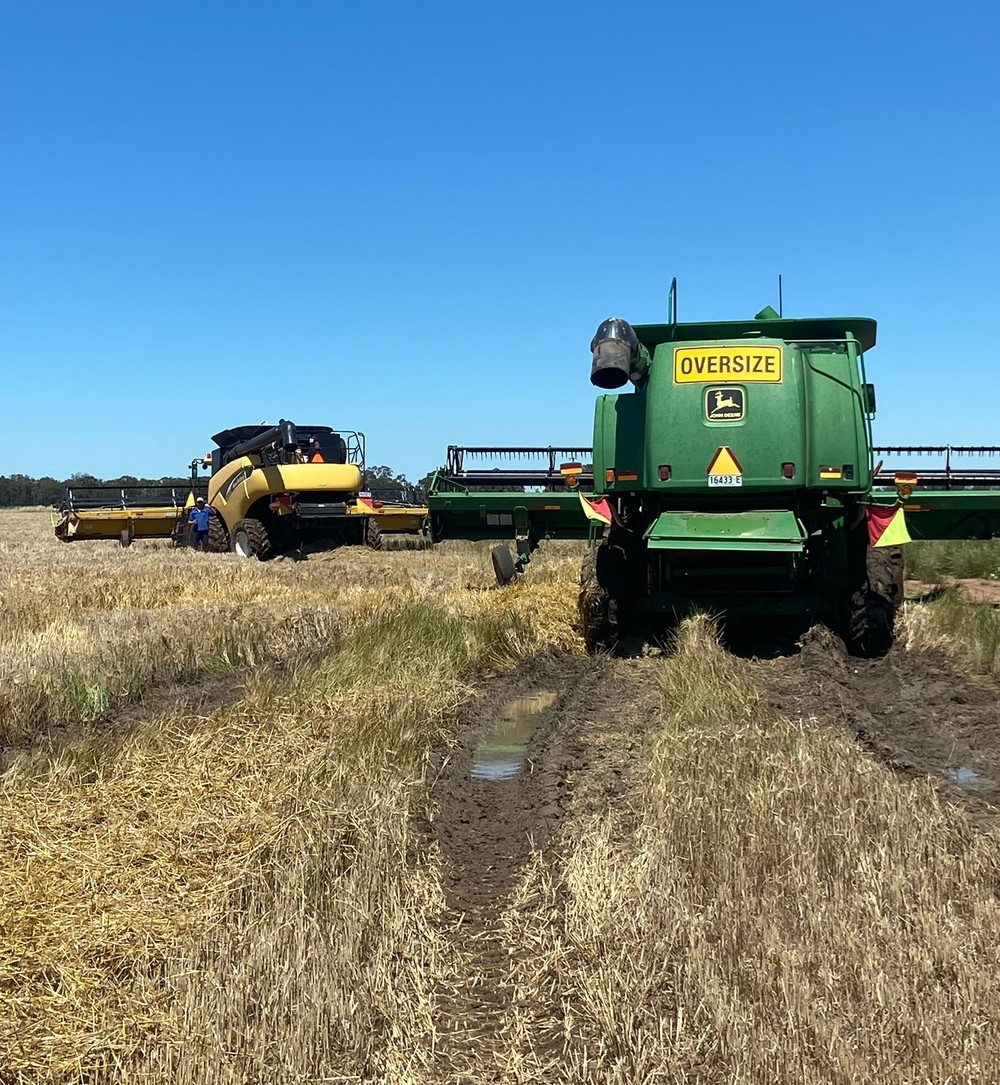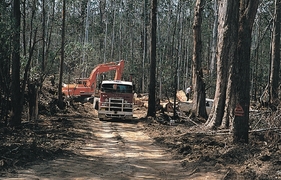Wet winter? Growers set sights on summer.
Lucy Kirk
18 September 2022, 7:40 AM
 Mick and Pip Doolan are opting for summer sorghum. IMAGE: Pip Doolan
Mick and Pip Doolan are opting for summer sorghum. IMAGE: Pip DoolanA summer cash crop is an opportunity that many farmers are hoping not to miss. After the incessant wet weather limiting sowing opportunities for a winter crop, taking advantage of the full soil moisture profile seems like a win-win.
However, Local Land Services Mixed Farming Advisor, Rohan Leach, warns that “growing a summer crop carries more risk than a winter crop.”
“Lower summer rainfall can be a concern, while the advantages that a long fallow offer on the following crop are immense in terms of increased weed control and stored soil moisture and nutrients,” he said.
“However, with predictions of another La Nina this summer, some growers may judge the risk of a summer crop as worthwhile.”
The NSW Department of Primary Industries have released a guide for summer cropping options for central NSW, which examines sunflowers, sorghum, maize, mungbeans and soybeans as viable options for growers.
Farmers Mick and Pip Doolan from Gulargambone have opted to include sorghum into their cropping program over the last two years due to the wet weather.
“This year we have no winter crop because it’s been too wet but all going well we’ll put some sorghum in this summer and then hopefully go back to our normal winter cropping program next year,” said Pip.
Their Sorghum performed well last year, yielding 4.2t/ha and a full soil moisture profile makes for another promising crop this year.

Growers are hoping that this year's winter crop harvest won't be a repeat of the last but taking up summer crop options could ease the pain. This photo taken north of Coonamble in February 2022, many weeks after harvest should have ended.
However, Rohan wants to remind growers that while this year could be a bit of an exception due to the high rainfall, there are still other factors to consider.
“It is important to be aware that a summer crop (even a failed one sprayed out early) will severely impact the next winter crop as well. This is due to a reduction in stored moisture and nutrients that a summer fallow typically provides,” he said.
Rohan also stresses the importance of marketing considerations before commencing sowing;
“The markets for summer grains are somewhat smaller in Australia with volatility and high degree of risk in their marketing. It is advised that you have contracts in place and a market for your crop before you consider sowing,” he explained.
While Rohan feels it important to be mindful of the risks involved, he recommends the DPI’s guide for summer cropping for anyone wanting to successfully grow a summer crop.




